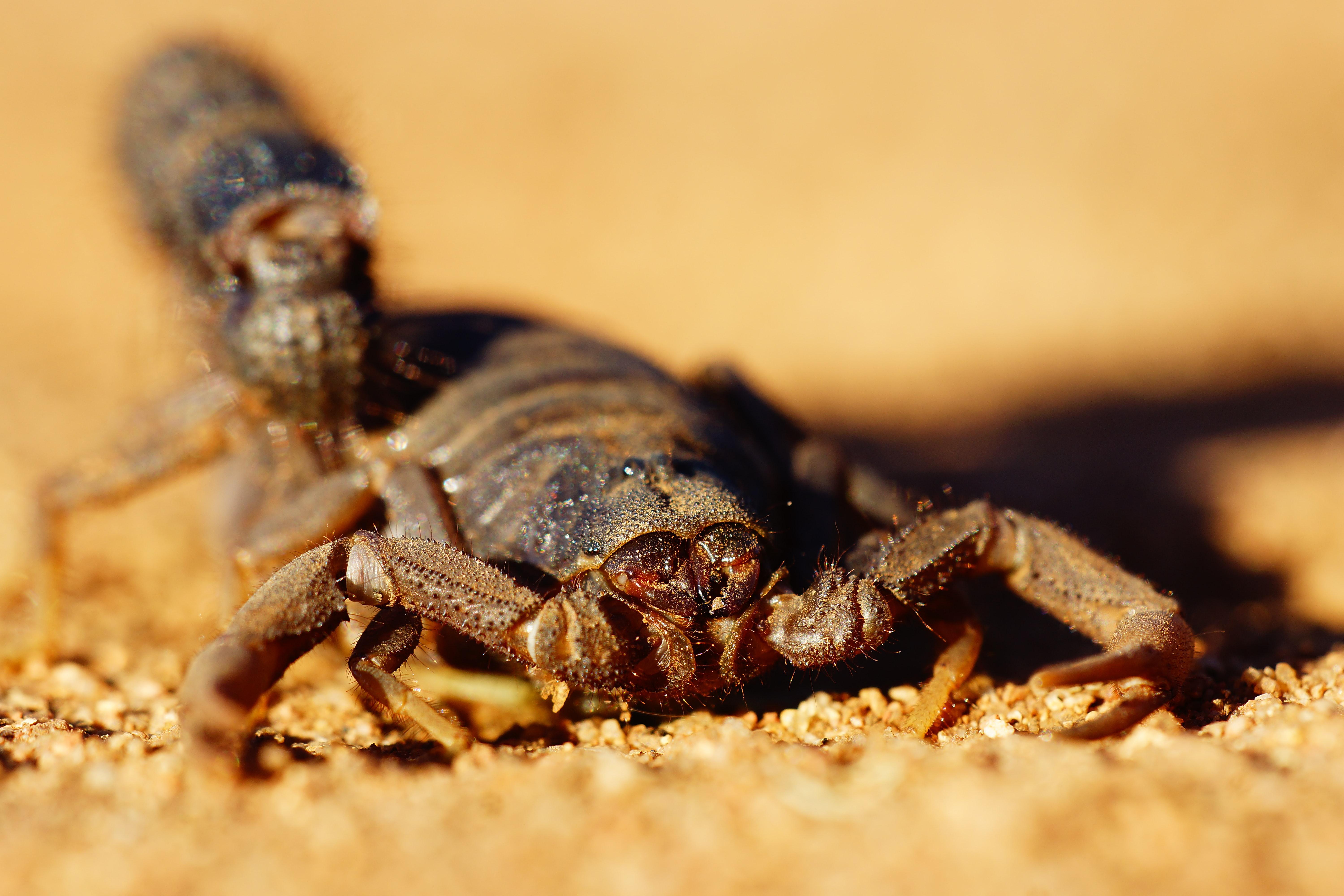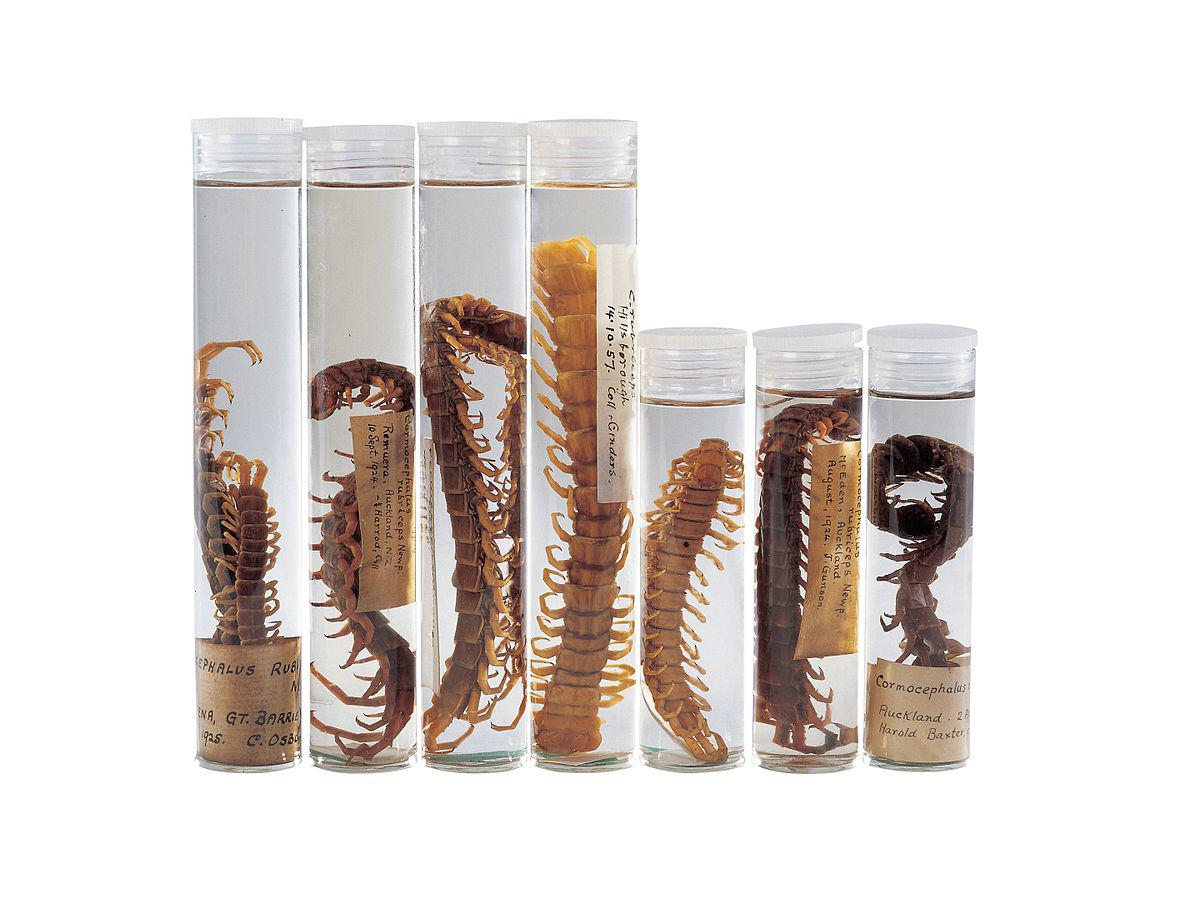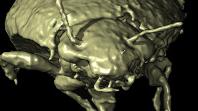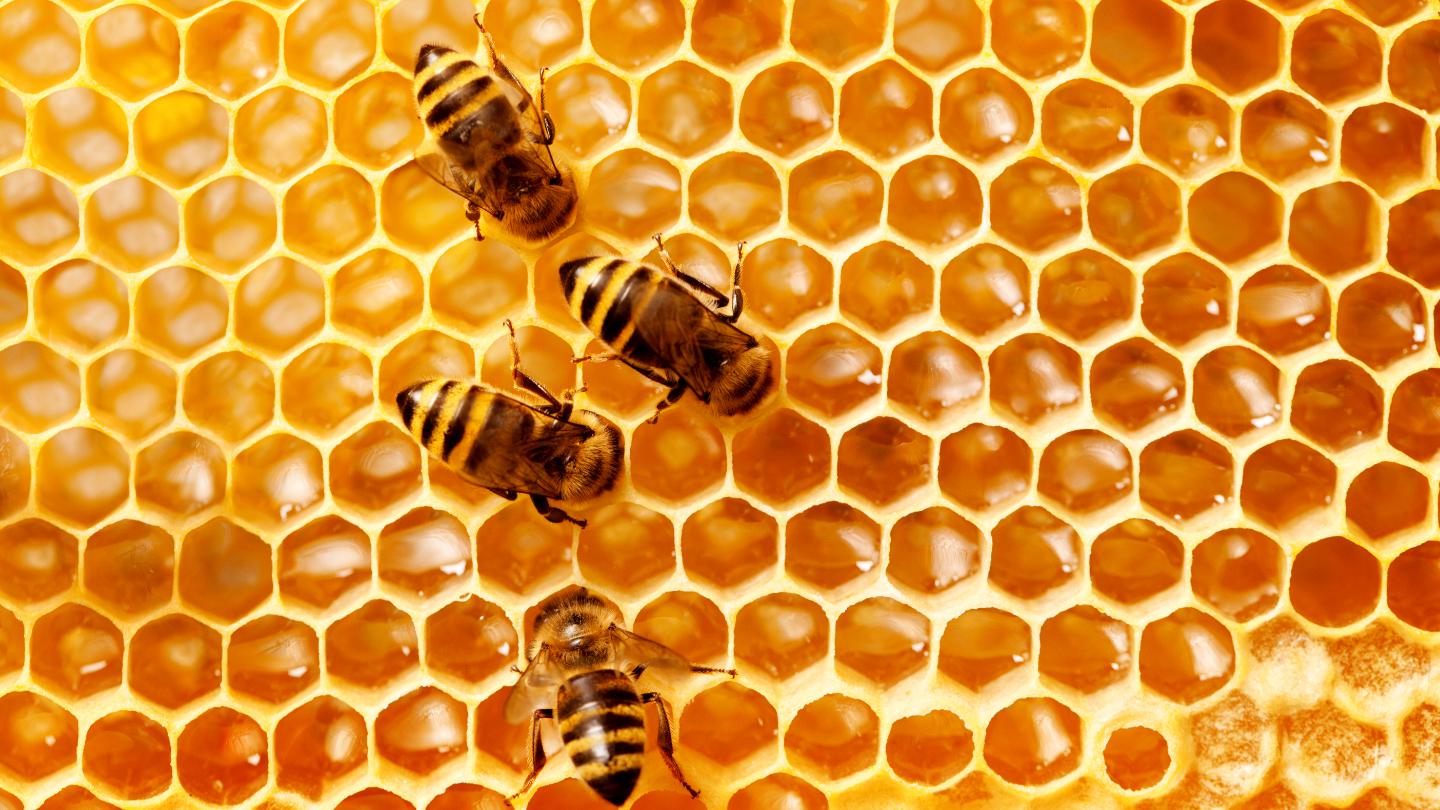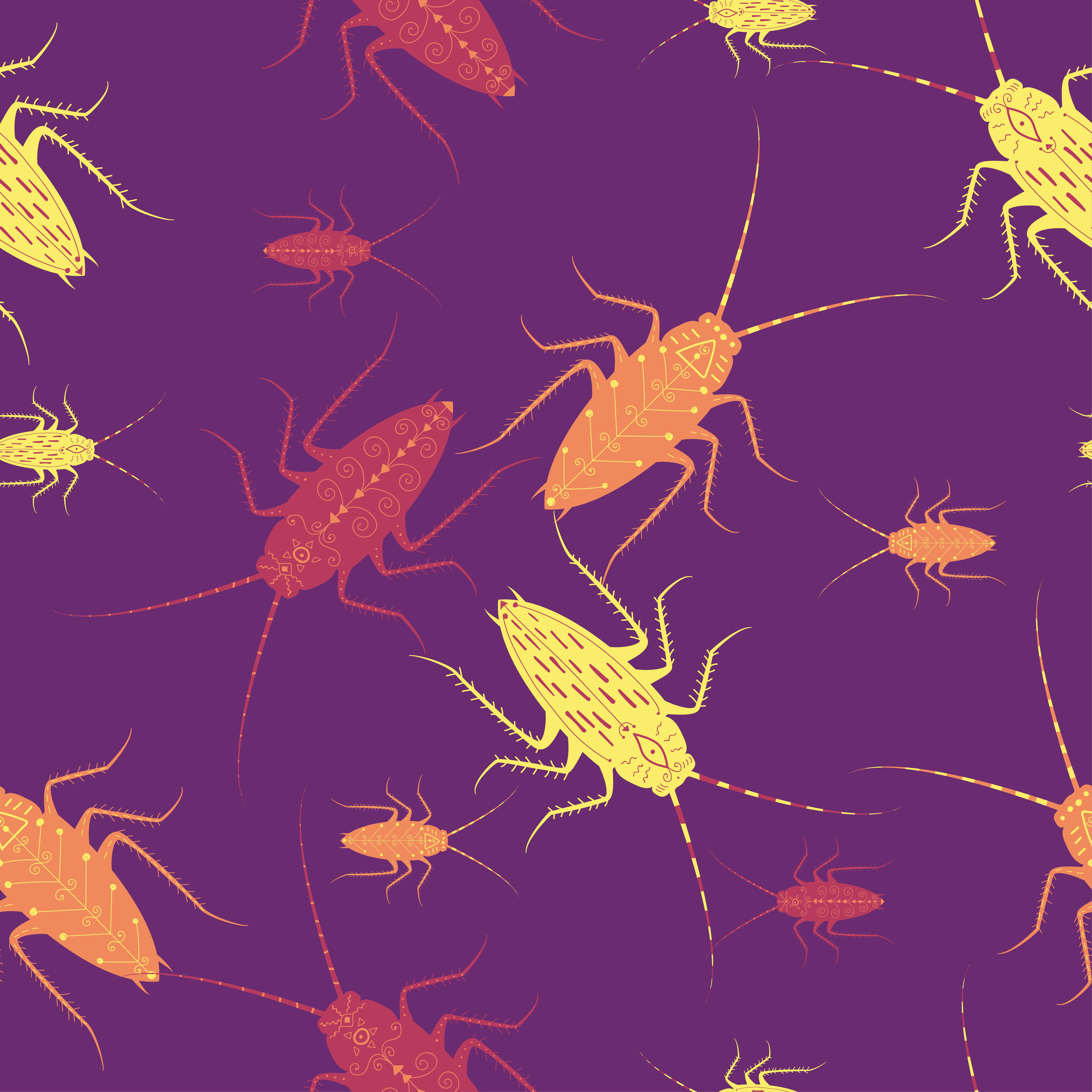insects
These animals to grow scalpel-sharp and precisely shaped tools that are resistant to breaking.
These enormous centipedes are straight out of science fiction.
Discovering fossilized insects is difficult, but a new find suggests a unique place to look.
Researchers develop a fungus that kills mites that contribute to honey bee Colony Collapse Disorder.
Life finds a way — in this case, by smelling like death.
Darwin was right again—sort of.
Mosquitoes can taste your blood using unique sensory abilities. Can we use that to keep them off us?
Certain water beetles can escape from frogs after being consumed.
Declining bee populations could lead to increased food insecurity and economic losses in the billions.
Scientists think an insect similar to the modern millipede crawled around Scotland 425 million years ago, making it the first-ever land-dweller.
New research establishes an unexpected connection.
Atop certain glaciers are herds of small mossy balls that somehow move together when no one’s looking.
Each pile of dung contains a cornucopia of seeds, perfect for reforesting.
Entomologist William Romoser of Ohio University says NASA images depict insect- and reptile-like creatures on Mars.
For decades, Americans sprayed the notorious pesticide DDT all over their homes and fields. But it turns out we may have known about — and ignored — a safer alternative used by the Nazi regime.
They’re hiding in your house, carrying germs, and now there’s virtually no way to kill them.
The animal we fear most? Spiders.
Synthetic biology is changing the way the planet works.
Despite the moniker, bedbugs evolved long before mattresses and even survived the K-T extinction.
Over two billion people regularly eat insects. Why are Americans so squeamish?
One of the world’s deadliest diseases, malaria takes the life of a child every two minutes.
Can sensitive coral reefs survive another human generation?
▸
3 min
—
with
MIT researchers have discovered how to turn wasp venom into an antibiotic.
Whether or not there are tropical islands in 50 years might depend on whether or not we can eat fewer hamburgers.
Verily, a branch of Google’s parent company, recently finished its second study of a counterintuitive technique that kills mosquitoes without using traditional insect sprays.
Long hidden under trees, it’s utterly massive.
As the world gets hotter, men may have fewer and fewer viable sperm
The natural world evolved many pop culture frights long before storytellers used them to terrify us.
